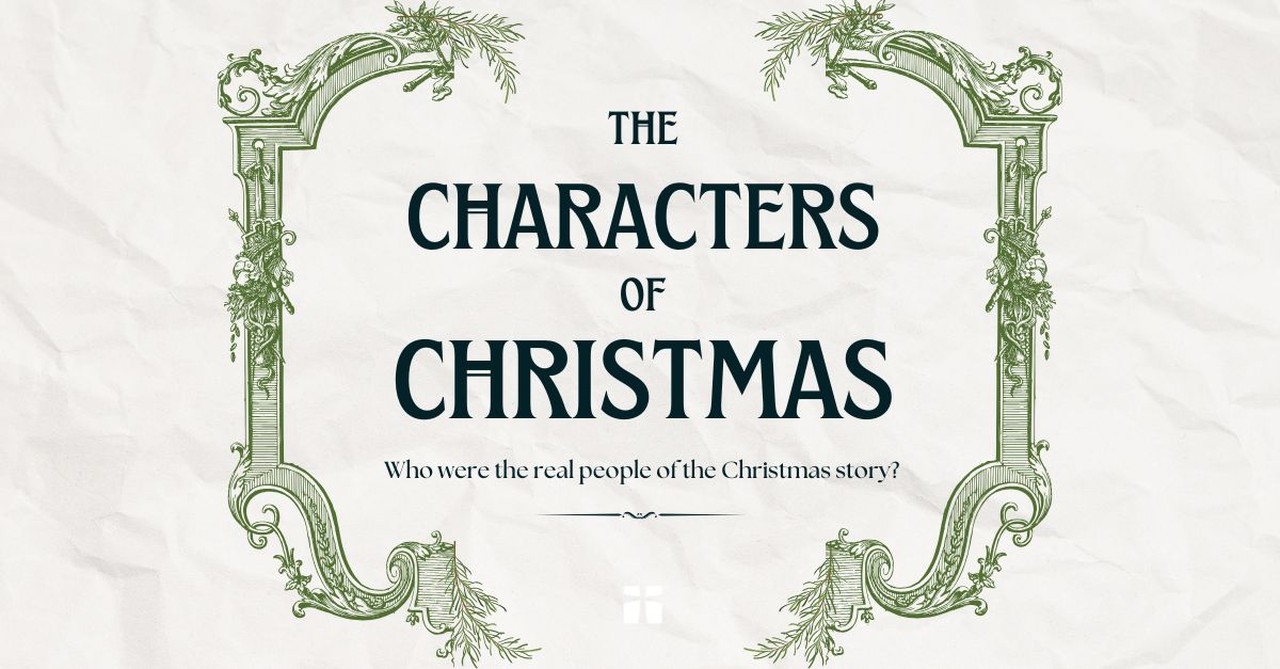Luke 16:4-7
4 I know what I'll do so that, when I lose my job here, people will welcome me into their houses.' 5 "So he called in each one of his master's debtors. He asked the first, 'How much do you owe my master?' 6 " 'Nine hundred gallons[1]of olive oil,' he replied. "The manager told him, 'Take your bill, sit down quickly, and make it four hundred and fifty.' 7 "Then he asked the second, 'And how much do you owe?' " 'A thousand bushels[2]of wheat,' he replied. "He told him, 'Take your bill and make it eight hundred.'
Other Translations of Luke 16:4-7
King James Version
4 I am resolved what to do, that, when I am put out of the stewardship, they may receive me into their houses. 5 So he called every one of his lord's debtors unto him, and said unto the first, How much owest thou unto my lord? 6 And he said, An hundred measures
English Standard Version
4 I have decided what to do, so that when I am removed from management, people may receive me into their houses.' 5 So, summoning his master's debtors one by one, he said to the first, 'How much do you owe my master?' 6 He said, 'A hundred measures
The Message
4 Ah, I've got a plan. Here's what I'll do . . . then when I'm turned out into the street, people will take me into their houses.' 5 "Then he went at it. One after another, he called in the people who were in debt to his master. He said to the first, 'How much do you owe my master?' 6 "He replied, 'A hundred jugs of olive oil.' "The manager said, 'Here, take your bill, sit down here - quick now - write fifty.' 7 "To the next he said, 'And you, what do you owe?' "He answered, 'A hundred sacks of wheat.' "He said, 'Take your bill, write in eighty.'
New King James Version
4 I have resolved what to do, that when I am put out of the stewardship, they may receive me into their houses.' 5 So he called every one of his master's debtors to him, and said to the first, 'How much do you owe my master?' 6 And he said, 'A hundred measures of oil.' So he said to him, 'Take your bill, and sit down quickly and write fifty.' 7 Then he said to another, 'And how much do you owe?' So he said, 'A hundred measures of wheat.' And he said to him, 'Take your bill, and write eighty.'
New Living Translation
4 Ah, I know how to ensure that I'll have plenty of friends who will give me a home when I am fired.' 5 "So he invited each person who owed money to his employer to come and discuss the situation. He asked the first one, 'How much do you owe him?' 6 The man replied, 'I owe him 800Â gallons of olive oil.' So the manager told him, 'Take the bill and quickly change it to 400Â gallons. ' 7 "'And how much do you owe my employer?' he asked the next man. 'I owe him 1,000 bushels of wheat,' was the reply. 'Here,' the manager said, 'take the bill and change it to 800Â bushels. '




Matthew Henry's Commentary on Luke 16:4-7
Commentary on Luke 16:1-12
(Read Luke 16:1-12)
Whatever we have, the property of it is God's; we have only the use of it, according to the direction of our great Lord, and for his honour. This steward wasted his lord's goods. And we are all liable to the same charge; we have not made due improvement of what God has trusted us with. The steward cannot deny it; he must make up his accounts, and be gone. This may teach us that death will come, and deprive us of the opportunities we now have. The steward will make friends of his lord's debtors or tenants, by striking off a considerable part of their debt to his lord. The lord referred to in this parable commended not the fraud, but the policy of the steward. In that respect alone is it so noticed. Worldly men, in the choice of their object, are foolish; but in their activity, and perseverance, they are often wiser than believers. The unjust steward is not set before us as an example in cheating his master, or to justify any dishonesty, but to point out the careful ways of worldly men. It would be well if the children of light would learn wisdom from the men of the world, and would as earnestly pursue their better object. The true riches signify spiritual blessings; and if a man spends upon himself, or hoards up what God has trusted to him, as to outward things, what evidence can he have, that he is an heir of God through Christ? The riches of this world are deceitful and uncertain. Let us be convinced that those are truly rich, and very rich, who are rich in faith, and rich toward God, rich in Christ, in the promises; let us then lay up our treasure in heaven, and expect our portion from thence.